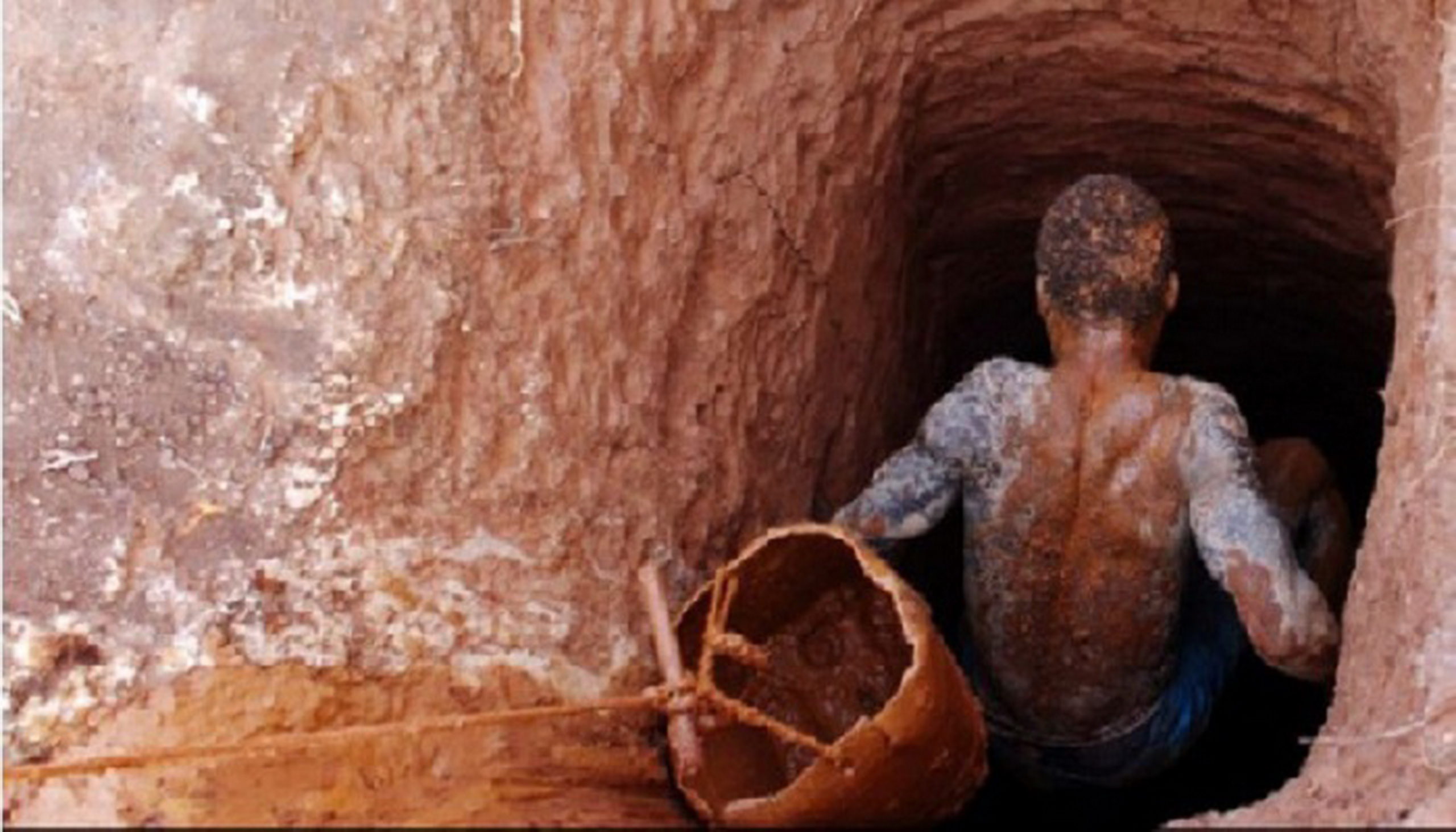
Impact of Galamsey on Agriculture: How Illegal Mining is Threatening Ghana’s Food Security
Explore the impact of galamsey on agriculture in Ghana. Learn how illegal mining activities lead to soil degradation, deforestation, and water pollution, harming farming and food production.
Highlights:
- Soil Degradation: Understand how illegal mining leads to the loss of fertile land and agricultural productivity.
- Water Pollution: Learn how mercury and other chemicals from galamsey contaminate water sources vital for farming.
- Deforestation: Discover how deforestation caused by galamsey destroys farmland and disrupts ecosystems.
- Keywords: impact of galamsey on agriculture, illegal mining effects agriculture, soil degradation galamsey, food security Ghana, environmental impact mining agriculture.
Impact of Galamsey on Agriculture: How Illegal Mining is Threatening Ghana’s Food Security
Introduction
Illegal small-scale mining, known as galamsey, has become a growing threat to Ghana’s agricultural sector. The destructive practices of galamsey not only degrade the environment but also disrupt food production and threaten food security. This expository essay explores the various ways in which galamsey impacts agriculture in Ghana, focusing on soil degradation, water pollution, deforestation, and the long-term consequences for farmers and rural communities.
Soil Degradation and Loss of Agricultural Land
One of the most significant impacts of galamsey on agriculture is the degradation of soil. Illegal miners often clear large tracts of land, including farmland, to access gold deposits. The use of heavy machinery, combined with the unregulated nature of these operations, destroys the topsoil, which is essential for farming.
Loss of Fertile Land: Once the topsoil is removed or contaminated by mining activities, the land becomes unsuitable for agriculture. This has led to a significant reduction in arable land, particularly in areas where galamsey is prevalent. Farmers are left without the fertile land necessary for growing crops, leading to decreased agricultural productivity(Graphic Online).
Soil Contamination: In addition to physical degradation, galamsey activities often involve the use of toxic chemicals like mercury and cyanide, which can seep into the soil. These chemicals not only reduce soil fertility but also make the land toxic for future farming. The long-term contamination of agricultural land poses a severe risk to Ghana’s food security(GBC Ghana Online).
Water Pollution and Its Effect on Farming
Water is an essential resource for agriculture, and the pollution of water bodies due to galamsey is one of the most damaging consequences of illegal mining. Rivers and streams near mining sites are frequently contaminated with mercury, cyanide, and other harmful chemicals used in gold extraction.
Contaminated Irrigation Water: Many farmers rely on rivers and streams to irrigate their crops. However, when these water sources become polluted, the chemicals are absorbed by the soil and crops, reducing yields and rendering some crops unsafe for consumption. Polluted water not only harms crops but also endangers livestock that depend on these water sources(GBC Ghana Online)(Graphic Online).
Health Risks to Farmers and Consumers: The consumption of crops and livestock exposed to contaminated water can lead to severe health problems, including mercury poisoning, for both farmers and consumers. This creates additional challenges for food safety and rural livelihoods(Graphic Online).
Deforestation and Habitat Loss
Galamsey activities often involve the clearing of forests and vegetation to create space for mining operations. Deforestation is a significant issue in regions heavily affected by illegal mining, as it directly impacts both the environment and agricultural productivity.
Loss of Farmland: Deforestation caused by galamsey leads to the destruction of farmland, further reducing the availability of land for farming. This disrupts the livelihoods of farming communities that rely on forested land for crop cultivation and livestock grazing(Graphic Online).
Ecosystem Disruption: The removal of trees and vegetation destabilizes ecosystems and contributes to soil erosion. Without trees to anchor the soil, areas that were once fertile become prone to erosion, leading to further degradation of agricultural land. The loss of biodiversity also affects pollination and other natural processes critical to farming(Graphic Online).
Long-Term Consequences for Food Security
The combined effects of soil degradation, water pollution, and deforestation have far-reaching implications for food security in Ghana. As galamsey continues to reduce the availability of arable land and clean water, the country’s agricultural productivity is at risk.
Reduced Crop Yields: Farmers in areas affected by galamsey report lower crop yields due to the loss of fertile land and access to clean water. This reduction in agricultural productivity leads to higher food prices and increased reliance on food imports, which undermines Ghana’s food security(Ghana National Association)(GBC Ghana Online).
Economic Impact on Farmers: Many rural communities depend on agriculture as their primary source of income. The destruction of farmland and water resources by illegal mining leaves these farmers without the means to sustain their livelihoods, leading to increased poverty and food insecurity(Ghana National Association).
Conclusion
The impact of galamsey on agriculture in Ghana is profound and far-reaching. Illegal mining activities are destroying fertile land, polluting water sources, and contributing to deforestation, all of which threaten the country’s food security. Addressing the galamsey crisis requires coordinated efforts to regulate mining activities, restore degraded land, and support farmers in affected areas. By protecting the environment and promoting sustainable agricultural practices, Ghana can mitigate the damage caused by galamsey and ensure a more secure future for its agricultural sector.

